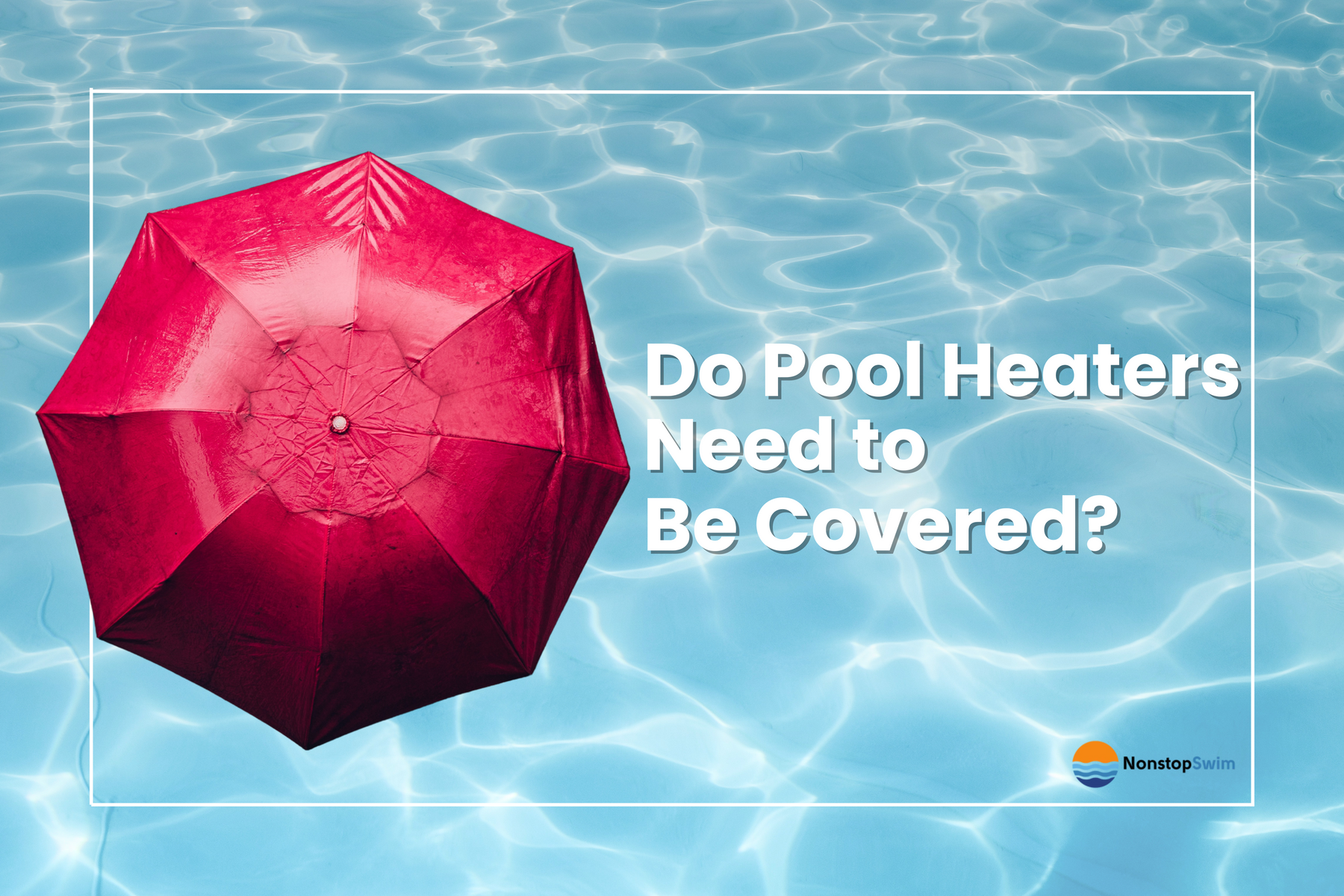
Do Pool Heaters Need to Be Covered?
Why Covering Pool Heaters is Generally Not Recommended
At first glance, covering your pool heater seems like a no-brainer. Rain, wind, and all sorts of outdoor grime are constantly attacking it. But here’s the catch: most heaters are meant to handle that stuff.
Trying to protect them with a generic cover might backfire. In fact, it could be doing more harm than good.
Ventilation Concerns
Heaters need to breathe. Without proper airflow, they can overheat, shut down, or just plain struggle to work right.
Let’s say you toss a tarp over your unit before a storm. That may seem helpful, but now you're blocking vents and trapping heat and fumes. It’s a lot like putting a plastic bag over your microwave - things get dangerous fast.
Most manufacturers warn against covering their heaters for this exact reason. The airflow is carefully designed, and blocking it can mess up the whole system.
Risk of Damage and Corrosion
Moisture is sneaky. Even with a cover, rain and humidity can slip in and stay there. Once that damp air is trapped under the cover, it becomes the perfect environment for rust.
Think about it: your heater just went from “weather-resistant” to “mini greenhouse.”
Over time, this can corrode important parts and even damage electrical connections. It’s safer to leave it uncovered and let it dry naturally.
When Covering Other Pool Equipment Might Be Considered
Now, not everything around your pool is as tough as the heater. Some equipment does benefit from a bit of protection - if done right.
Protection from Elements (for non-heater components)
Things like pool pumps, timers, and control panels aren't always built to face the elements 24/7. A breathable, weather-resistant cover can help extend their lifespan.
Just make sure it’s not sealed too tight. These covers should keep out sun and rain, not lock in moisture.
During the off-season, a snug but ventilated cover can save you from a headache when it's time to reopen the pool.
Noise Reduction
Some pool gear isn’t exactly quiet. If your pump or heat pump is humming louder than your neighbor’s lawn mower, you might want to quiet things down.
That’s where sound-dampening measures come in. For example, AquaCal HeatWave SuperQuiet heat pumps are known for quiet operation, but even then, a nearby fence or enclosure can help soften the sound further.
It’s not about silencing your equipment entirely. It’s just about keeping the backyard peaceful enough for conversation.
Aesthetic Purposes
Not all pool setups are easy on the eyes. Pipes, boxes, and units can make your beautiful pool area look like a hardware store.
Clever covers, fences, or even landscaping can help hide these eyesores. Just don’t use anything that restricts airflow or causes buildup around the heater or pump.
The Role of Pool Covers for Heated Pools
So if you’re not covering the heater itself, what should you be covering? The pool water.
That’s where pool covers come in. They help your heater work smarter, not harder.
Benefits of Using a Pool Cover with a Heater
A good cover over your pool does more than just stop leaves from falling in. It works hand-in-hand with your heater to keep water warm, clean, and energy-efficient.
Energy and Cost Savings (Heat Retention, Reduced Evaporation)
Heated water loses temperature fast, especially overnight or on windy days. A pool cover traps heat, so the water stays warm longer.
That means your heater, like the FibroPool FH285-i Pool Heater Chiller, doesn’t have to keep running 24/7. That saves energy and lowers your utility bills.
Covers also slow down evaporation. Less water lost means less heat lost too.
Water Conservation
Evaporation isn’t just about temperature. Every drop that disappears into the air is water you’ll need to replace.
Depending on the climate, you could lose inches of water every week. A pool cover keeps more of it where it belongs - in your pool.
Cleanliness and Maintenance
Leaves, bugs, and dirt love landing in pools. A cover keeps most of that out, which means less cleaning and less strain on your pump and filter.
It also helps maintain the look and feel of the water. No more scooping out soggy leaves every morning.
Chemical Efficiency
Sunlight burns off chlorine, and evaporation takes your chemicals with it. A pool cover blocks both.
With fewer chemical losses, you spend less on refills. Your water stays balanced longer, and your pool stays healthier with less effort.
Safety
Solid and mesh safety covers do more than protect water. They help protect people and pets.
If you’ve got small kids or curious dogs, a secured safety cover can prevent accidents. It’s a simple way to add another layer of protection when the pool isn’t in use.
Conclusion
Your pool heater might be tough, but it doesn’t need a winter coat. Let it stay uncovered so it can vent properly and avoid moisture traps.
Meanwhile, give some attention to the rest of your setup. Smart covers for pumps or panels can help, and a solid pool cover makes a big difference in efficiency, cleanliness, and safety.
In the end, it's not just about covering things - it’s about covering the right things the right way.
Related reading:




Leave a comment